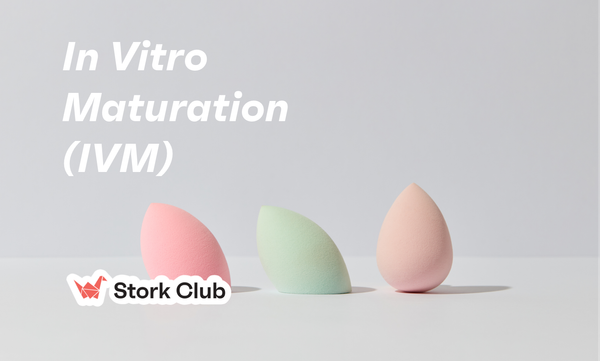The Vital Role of Doulas in Improving Outcomes
By: Ellen Tilden, PhD, CNM, FACNM, FAAN (she/her)
When people think about preparing for birth, they may think about buying diapers or preparing the nursery. But for a third of individuals across the country, there is a greater worry – finding a birthing facility nearby to deliver the baby.
About 6.9 million women live in an area with low or no maternity access, according to a March of Dimes Maternity Care Deserts Across the U.S. (2022 Report). This means they live in a county with no hospital or birth center, have few obstetric providers, and have a high proportion of women without insurance.
Few maternity care providers can lead to prenatal care issues and poor maternal outcomes. Birthing doulas are one resource that can help individuals who may be driving long distances for care or may not have local support.
Maternity Care is Declining in the U.S.
Maternity care in the U.S. is getting worse according to the March of Dimes report. Five percent of counties have less maternity access than just two years ago. According to the report:
- 36% of all U.S. counties are designated as maternity care deserts with no hospital or birth center or no obstetric providers
- 61.5% of maternity deserts are located in rural counties
- Over 500,000 babies were born to women who reside in rural counties, while only 7% of obstetric providers practice in rural counties
Shortages in maternal care along with closures in maternity wards cause individuals to drive further for care and can lead to longer wait times, pre-term, and out-of-hospital births. The average distance to a birthing hospital was highest in North Dakota, where a person must travel more than 32 miles to reach a hospital providing obstetric care.
Birth Doulas close gaps in maternity care deserts
Birth doulas are non-medical caregivers who provide physical, informational, and emotional support to pregnant individuals before, during, and after the birth of a child. Using a birth doula can improve maternal health outcomes, mitigate health inequities, and lower costs.
According to the March of Dimes report, 1 in 6 Black babies were born in areas with limited or no access to maternity care services.
Doulas can support Black individuals who face this disparity and help them receive the additional support they need to have healthy pregnancy outcomes by prioritizing cultural concordance, providing psychosocial support and system navigation, and acknowledging the impacts of stress, racism, and trauma.
In addition, people who use a birth doula also have a lower risk of unnecessary Cesarean births. In a study submitted by Stork Club, “Improving employee perinatal outcomes via Stork Club Doula Care,” which is undergoing peer review at the Journal of Occupational and Environmental Medicine (JOEM), birthing individuals who used Stork Club Birth Doula care experienced 45% fewer births via C-section, than the U.S. national average.
C-sections can lead to severe complications that are related to major abdominal surgery, such as cardiac arrest, blood clots, infections, and death. Safely decreasing C-section rates also benefits children as babies born this way are also more likely to experience health problems including asthma, Crohn’s disease, and allergies.
In the Stork Club study, birthing persons who used Stork Club birth doula care also had 58% fewer preterm births, than the U.S. national average.
Expanding Birth Doula Care Without Breaking the Bank
An increasing number of employers, including Microsoft, Walmart, and CVS, are actively pursuing options to cover birth doulas as part of supportive, family-friendly benefits as care options reduce across the U.S. Offering birth doula services as part of the benefits package doesn't have to be costly or complicated.
Stork Club is the first provider in the U.S. to offer managed birth doula care under employer-sponsored health plans. Based on our study, by reducing the rate of acute medical care, the Birthing Doula Care program can lead to 165% ROI.
The Stork Club doula network includes vetted Black, Hispanic, Asian, and doulas with other diverse identities and lived experiences. Individuals are matched with a birth doula early in the pregnancy and are able to talk with them via phone, text, or mail as much as they want.
They develop a birth plan that meets the individual’s values and preferences and as delivery approaches, the doula is on call 24/7 to be available for in-labor room support. Following birth, the doula provides coaching on infant feeding, emotional, and physical recovery information as well as postpartum support.
This is one other way that birthing doulas also help individuals thrive. Doulas may notice physical symptoms such as excessive postpartum bleeding or emotional symptoms indicating depression and encourage individuals to follow up with care providers.
Adding the Stork Club Birth Doula care is seamless and can complement other services such as fertility care, surrogacy, and child adoption, unlimited virtual care at all stages of the family-building journey, travel reimbursement for reproductive care, menopause, and services for LGBTQ+ members.
Discover how you can expand your family-building benefit with the birth doula care program at https://joinstorkclub.com/demo




